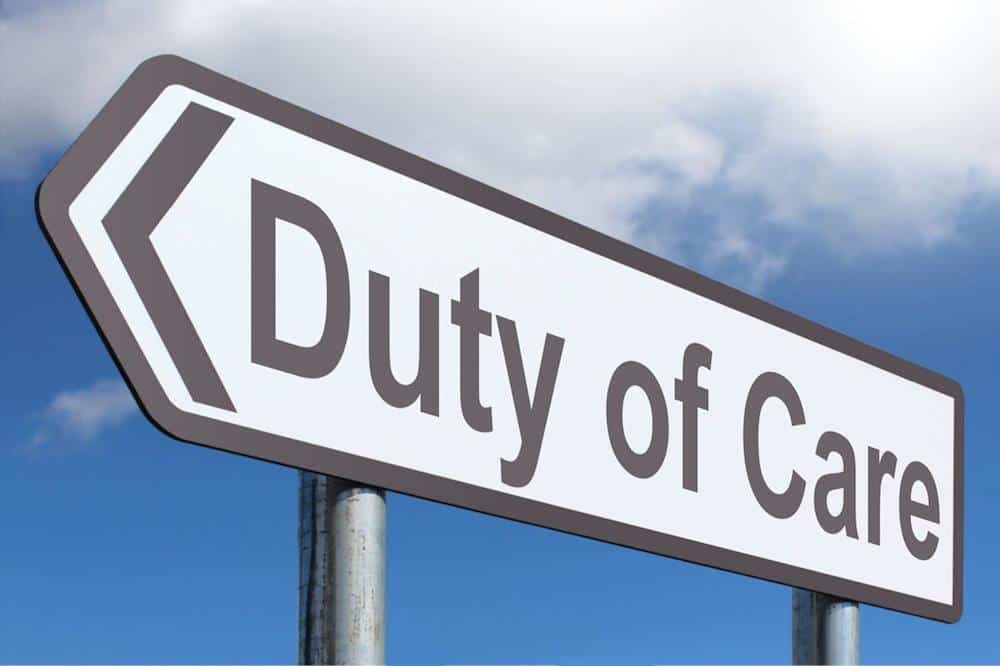
The world is changing, and our industry has been a target for disaster.
My father was a policeman, a detective who specialized in crime prevention for 30 years. He never spoke of what he went through at work when he came home to his three children and suburban neighborhood. His work was in the battlefield everyday, and his home was a bunker for a few hours in between shifts.
He taught us to be aware, not scared. In September 2000, I was the first planner to introduce a session on security at a newly launched industry event that I produced called “Agenda.” About eight people attended. A year later, the 9/11 attack occurred, and the same session was standing room only the following year. When we do not feel safe, we are not comfortable to sleep, eat, have fun and live our lives. What will it take for all planners to realize that a sense of security is our greatest priority?
What will it take for all planners to realize that a sense of security is our greatest priority?
And yet, I participated in a Prevue Visionary Summit last month on “Duty of Care” as a facilitator, and some of the planners in the room admitted to not having support from their companies when it came to security. At another event that I spoke at, the group consisted of trade show owners, and a percentage of them admitted to not paying attention or being concerned with security. Well folks, we live in a very different world now and nothing can be ignored.
I’m excited to see the industry moving ahead with the awareness that is required for planning meetings and gatherings of any type and that Homeland Security is involved with us on a bigger picture. But it’s just the beginning. The phrase “Duty of Care” is the security professional’s responsibility. They are responsible for live events and meetings, external live events and meetings, all personnel travel, the board of directors, executive management and so on. It is no easy task.
What Is Duty of Loyalty?
Another phrase, “Duty of Loyalty,” was discussed. For those of you who never called home to check-in or assure that you got home safely, this one will challenge you. The example was given that employees need to “check-in” with the security office when they land in a destination. Similar to how Facebook allows you to show people where you are in the event of an emergency, this system allows the security professional to confirm that you have reached your destination safely until you are ready to leave. It is the employee’s responsibility to understand the obligation of traveling and accountability to the Mother Ship.
Our industry has already been a target to disaster as the world is a changing place. The planner’s role has increased to include the responsibility of providing a secure environment or contracting professional companies who can provide this service wherever your event is located, both indoors or outdoors. Your meeting may be contentious in its content regardless if it’s edgy entertainment, fashion or a new drug introduced by a major pharma company. Any way you look at this, we gather people together. Sadly, that is a major risk that can’t be overlooked in our naiveté of doing jobs as meeting and event planners.
Cybersecurity is just beginning to define the range of possibilities and how it can affect a meeting. One topic of discussion that I’ve recently had with a top security firm in New York City is how they provide staff to monitor all social media connected to a meeting. As a result, they have intercepted potential threats and what could have been harmful to the meeting. Rooming lists, manifests, seating plans or anything with names on it is now classified and must be treated as confidential—and not left behind.
Check-ins, social media vetting and cybersecurity are just a few of the minor things you can do, but here are 12 more tips to working with security awareness:
- If you have an in-house security department, get to know them if you don’t already. The corporate security team should be a part of your first site inspection.
- Design a security plan. When you take photos on a site visit or do a virtual site visit, prepare a report for the security team to understand physical space layout.
- Provide the security team the content and subject matter of the meeting or event.
- Provide the guest profile and any VIP needs.
- Know the vendors you work with, and understand how protected your data really is with them.
- Ask the hotel or venue what their security and risk management plans are and review them with your team.
- Have emergency contact numbers for all of your immediate team and vendors, and laminate this on a lanyard to wear.
- Stipulate the necessity for proper security for you and your team in your contract as an independent, or put something in writing to defend your position working in a threatening situation.
- Never work alone; the threat of someone dying or an emergency then leaves no one to service the meeting participants, but the show must go on.
- Establish a point of contact (POC) located in an out of state location. For example, when 9/11 happened in New York, the phone lines were jammed (those that were working). A call will go through from New York to Miami or Phoenix, faster than it will from New York to New Jersey as witnessed in the attack. Your POC should take names and numbers from anyone who works with you so that in an emergency, you can account for everyone’s whereabouts and safety.
- Carry a dollar store transistor radio with separate batteries. When all else fails, these work for news. Give out flashlights and other items that can double as tools in an emergency.
- Contact the American Red Cross for emergency preparedness plans. In my office, the staff all have bags ready to grab and go in an emergency filled with masks, goggles, meds, etc.
Above all, keep calm and carry on. In an emergency, people need to be assured and led and your leadership skills will be your biggest asset.










